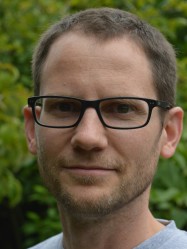BibTex format
@unpublished{Pati:2022,
author = {Pati, S and Baid, U and Edwards, B and Sheller, M and Wang, S-H and Reina, GA and Foley, P and Gruzdev, A and Karkada, D and Davatzikos, C and others},
publisher = {arXiv},
title = {Federated learning enables big data for rare cancer boundary detection},
url = {https://arxiv.org/abs/2204.10836v2},
year = {2022}
}

